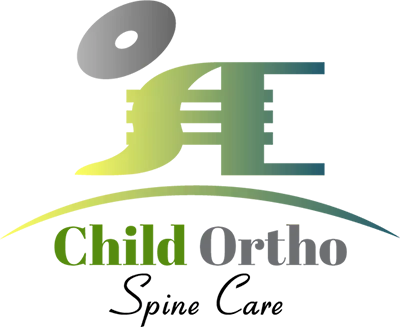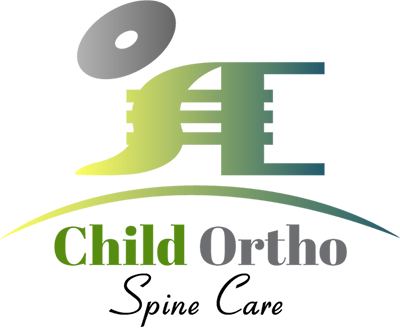Charcot Marie Tooth Disease (HSMN) Treatment For Children In Gurgaon
Charcot-Marie-Tooth disease (CMT), also known as hereditary motor and sensory neuropathy (HMSN), is a group of inherited conditions that damage the peripheral nerves. It affects about 1 in 2,500 people and is the most common inherited neuromuscular disease. Mutations in over 80 different genes may lead to CMT and the degree of disease can differ according to a gene's mutation.



.jpg)
